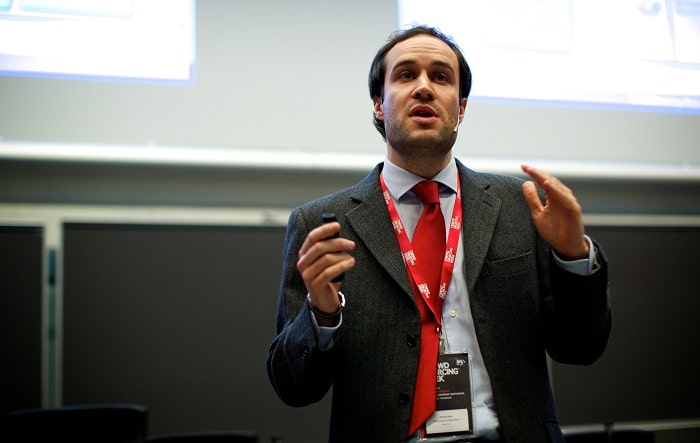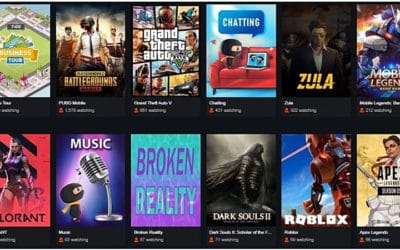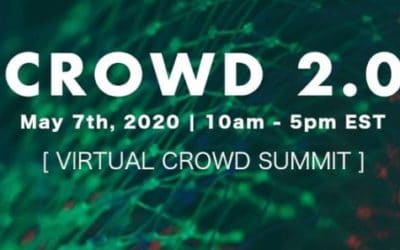Photo Credit: Sebastiaan ter Burg
It’s an era of connectivity, where anybody can disrupt the existing system and turn things upside down. It is technology, new media and platforms for collaboration that drastically change the way we are used to working. Innovating models of doing business are a focal point of Day 3 at CSW Europe 2014.
Disruption through openness
Crowd economy needs engagement, beyond question. Community wants to be a part of processes happening behind the closed doors of corporations, labs and think tanks. And for running a business in this interconnected age you have to listen to what the crowd has to say. Roland Harwood, 100%Open, shares examples of open innovation for social and business causes. It works for both. People love to get engaged and generate ideas. Why not give them a platform to do it?
According to Dr. Rajiv Vaid Basaiawmoit from Aarhus University, in some 15 years, 4 billion people will be interconnected by technology, dealing with 50 trillion gigabytes of data. How to benefit from it? Steve Jennings, NordicDEI, argues that each and every one wants to be a part of something bigger. And data is there not only to connect, but also to empower our lives. Democratizing data and giving open space for innovation are two keys for building a crowd economy.
With open innovation we can create “insanely beautiful products,” says David Dencker from Muuse, a platform that supports young fashion talents. Still, it is not in trend. Why? It pushes companies out to face the change instead of rejecting and fighting it. Opening an innovation platform for a crowd involves hesitation, of course. “I love crowdsourcing, but not in my apartment,” jokes Dr. Michael Gebert, Marketing Society, talking about risks that companies are reluctant to take. This narrowness blended with limited access and broken trust of communities can block disruption.
Upcoming change agents
If corporations have biases, then young social entrepreneurs definitely do not. They are adaptive to changes and generate those changes themselves. Young movers share ideas on platforms, pledge money for their friends or actually take risks and start up their own businesses. Millennials are catalyzers of change as they are the most mobile, tech-literate and open-minded.
Young people are eager to cooperate and co-create. It is not about generating and giving away an idea. They want to disrupt and make their own breakthroughs from A to Z. As Dr. Michele Osella concludes, former users are transforming into “movers and changers”. CSW Young Achievers Program fellows, who have been very active during Crowdsourcing Week Europe, make the best evidence.





0 Comments